What It Is and Why It’s Important
Fat often gets a bad rap – and that’s because this macronutrient is so misunderstood. Like carbohydrates and protein, dietary fat provides your body with calories, but it also gives you energy, supports cell growth, balances hormone levels, and helps you absorb certain nutrients. Not to mention, fat enhances the flavor of your favorite foods, and it can make you feel more satisfied after a meal. In short, we need fat!
Yet all fats aren’t created equal. Generally speaking, there are two types of fat to limit: saturated fats and trans fats. Trans fats, found in processed foods such as cookies, frozen pizza, coffee creamer, and most fried foods, are the worst culprits and provide no nutritional benefits. Saturated fats (think butter, coconut oil, and higher-fat meats and dairy) are best eaten in moderation; experts recommend that saturated fats make up no more than 10% of your daily calories.
On the flip side, monounsaturated fats and polyunsaturated fats provide many benefits, such as improving blood cholesterol levels, thus lowering your risk of cardiovascular disease. Monounsaturated fat is most commonly associated with olive oil, although avocados, peanut butter, and most nuts are also good sources. Polyunsaturated fats are found primarily in vegetable oils, while a type of polyunsaturated fat – omega-3 fatty acids – is found in salmon, flaxseeds, and walnuts.
For years, low-fat diets were all the rage, but research now suggests that your total daily fat intake should fall between 20 and 35% of your daily calories. Use the following list to stock up on the healthiest high-fat foods on the market.
Avocados
Avocados play double duty, as this fat-filled fruit is also high in fiber. Sure to keep you satiated, a serving of avocado (one-third of a medium avocado) makes a tasty addition to salads and sandwiches. Avocados can also be used to make guacamole, hummus, pasta sauces, and even brownies.
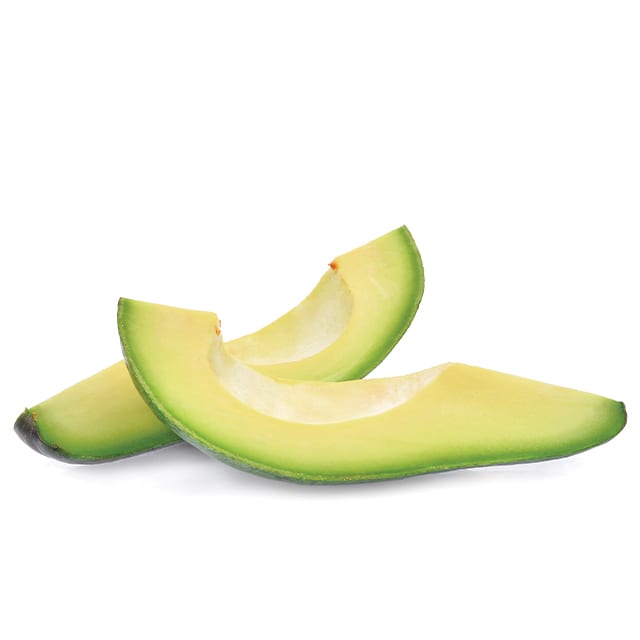
Nuts and Nut Butter
Nuts and nut butter are so versatile that it’s easy to eat a serving a day. Toss almonds on your oatmeal or salad, make a classic PB&J, or simply snack on a handful of cashews. When shopping for nut butter, try to avoid brands that add in unnecessary sugars and oils.
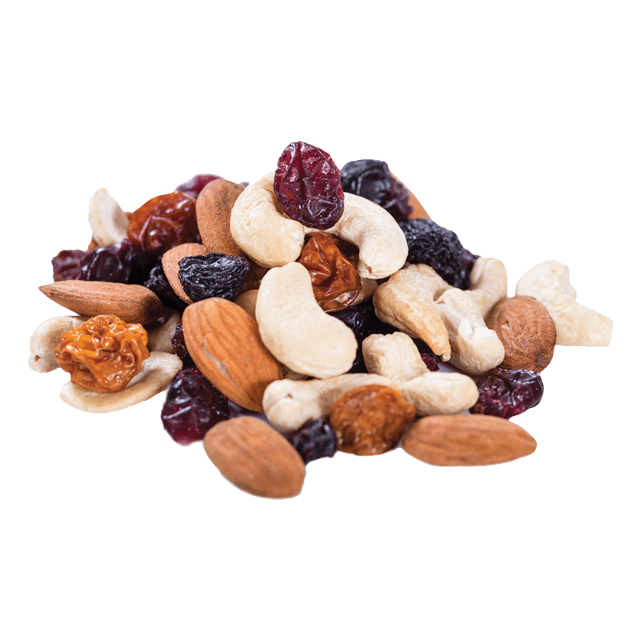

Seeds
Although small in size, chia seeds and flaxseeds pack a powerful nutritional punch. These types of seeds are some of the best plant-based sources of omega-3s, and a little goes a long way. They can be stirred into smoothies, oatmeal, and a variety of baked goods.
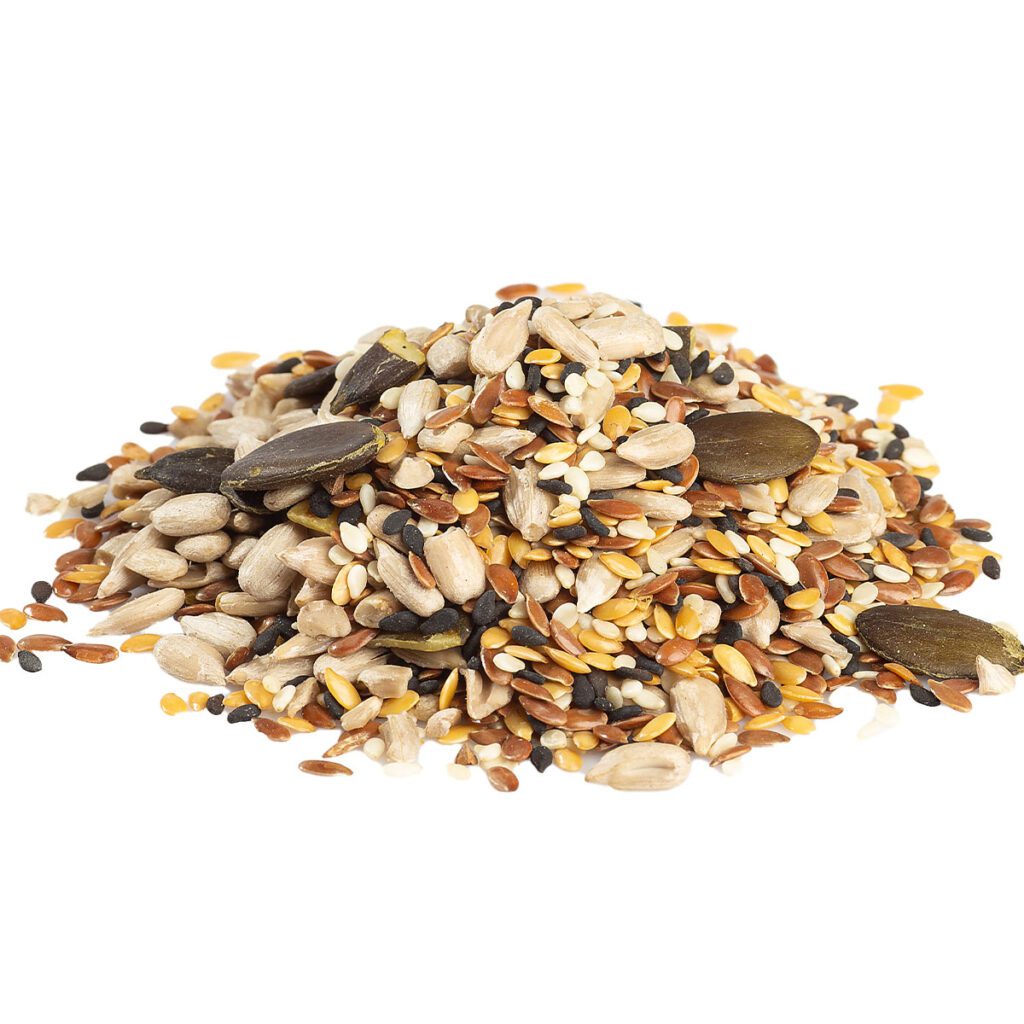

Olive Oil
Rich in everything from antioxidants to vitamins E and K, olive oil is a Mediterranean staple for a reason. Olive oil can be used for low-heat cooking, while extra-virgin olive oil is best in salad dressings and dips.
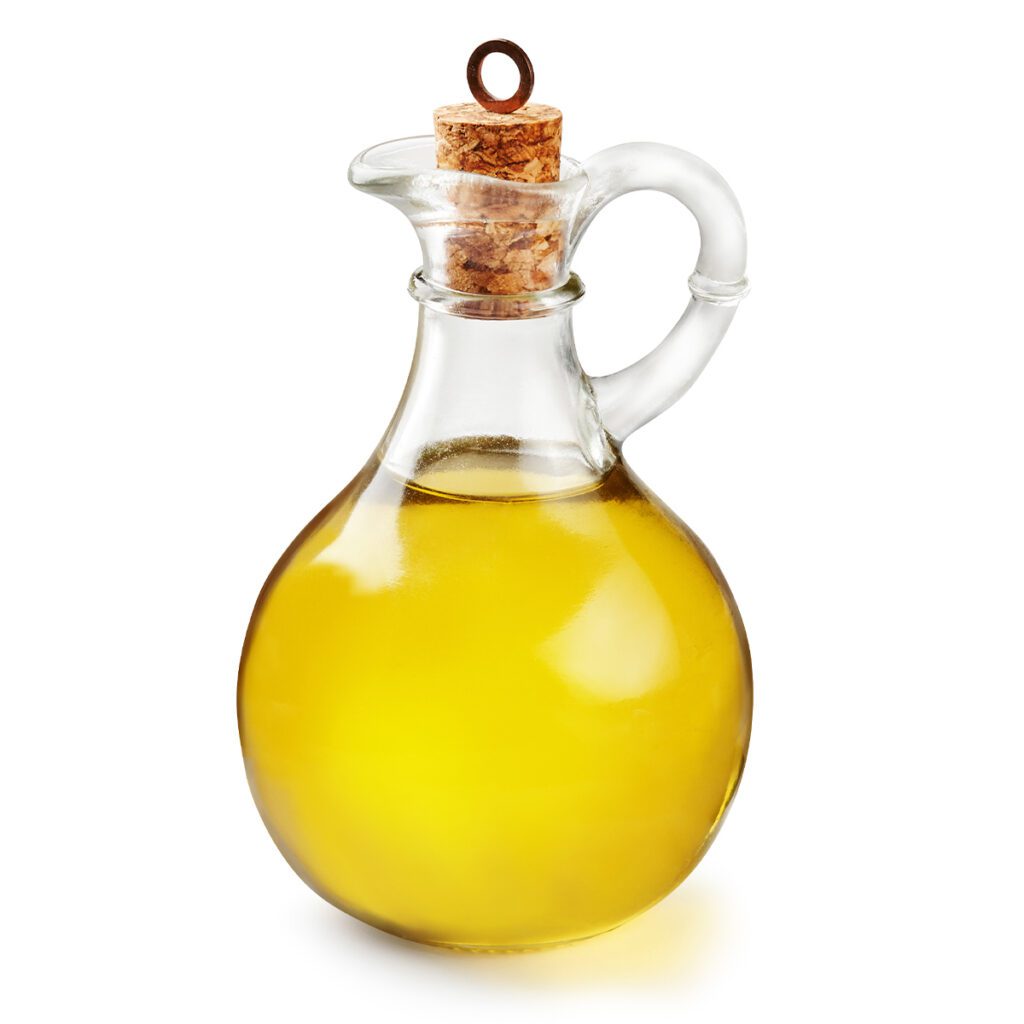

Fatty Fish
Fatty fish are essential for heart health. In fact, the American Heart Association recommends eating two servings of fatty fish every week. Options include salmon, sardines, trout, and mackerel.
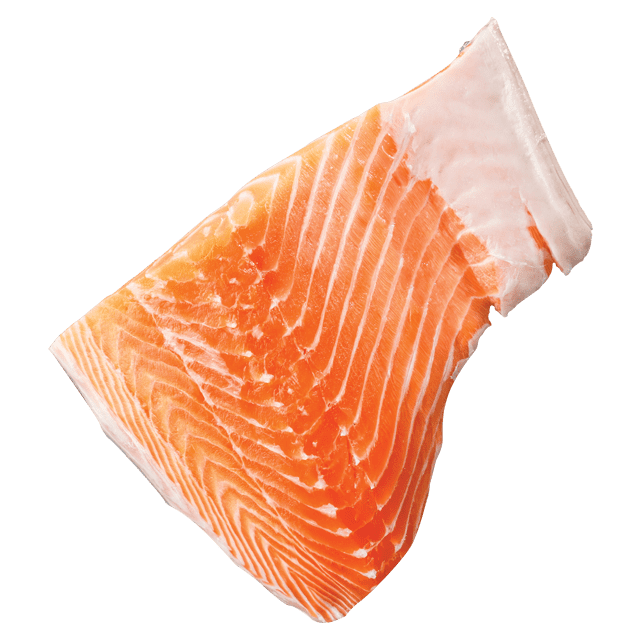

Eggs
Eggs may be a popular source of protein, but one egg also boasts five grams of fat (mostly concentrated in the yolk). Start your day with a veggie-filled omelet, or try your hand at more exotic dishes, including migas and shakshuka.
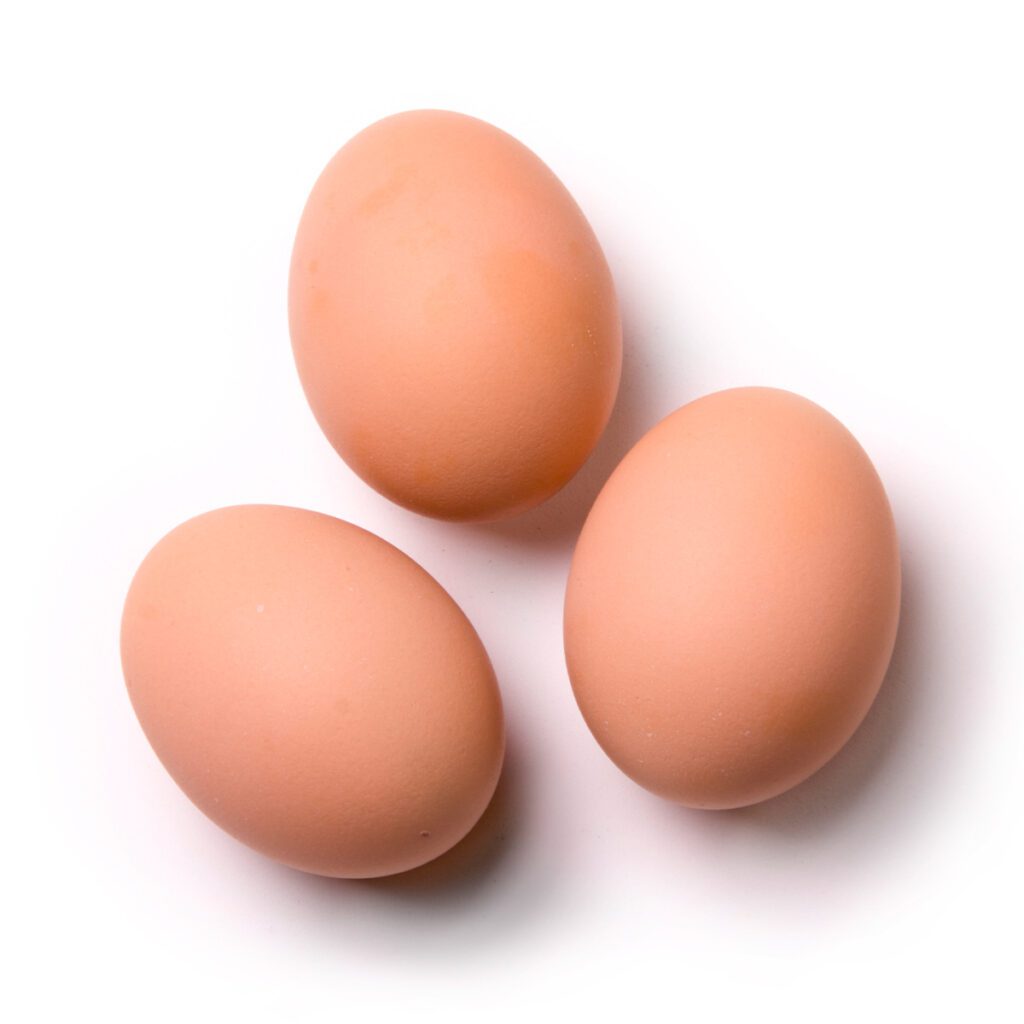

Full-Fat Yogurt
Yogurt is more than just a good source of fat – it also contains good probiotic bacteria, which is good news for your gut! Look for yogurt without added sugar, and then mix in your own sweet toppings. Combining fresh fruit, honey, and nuts makes yogurt a great breakfast or snack.
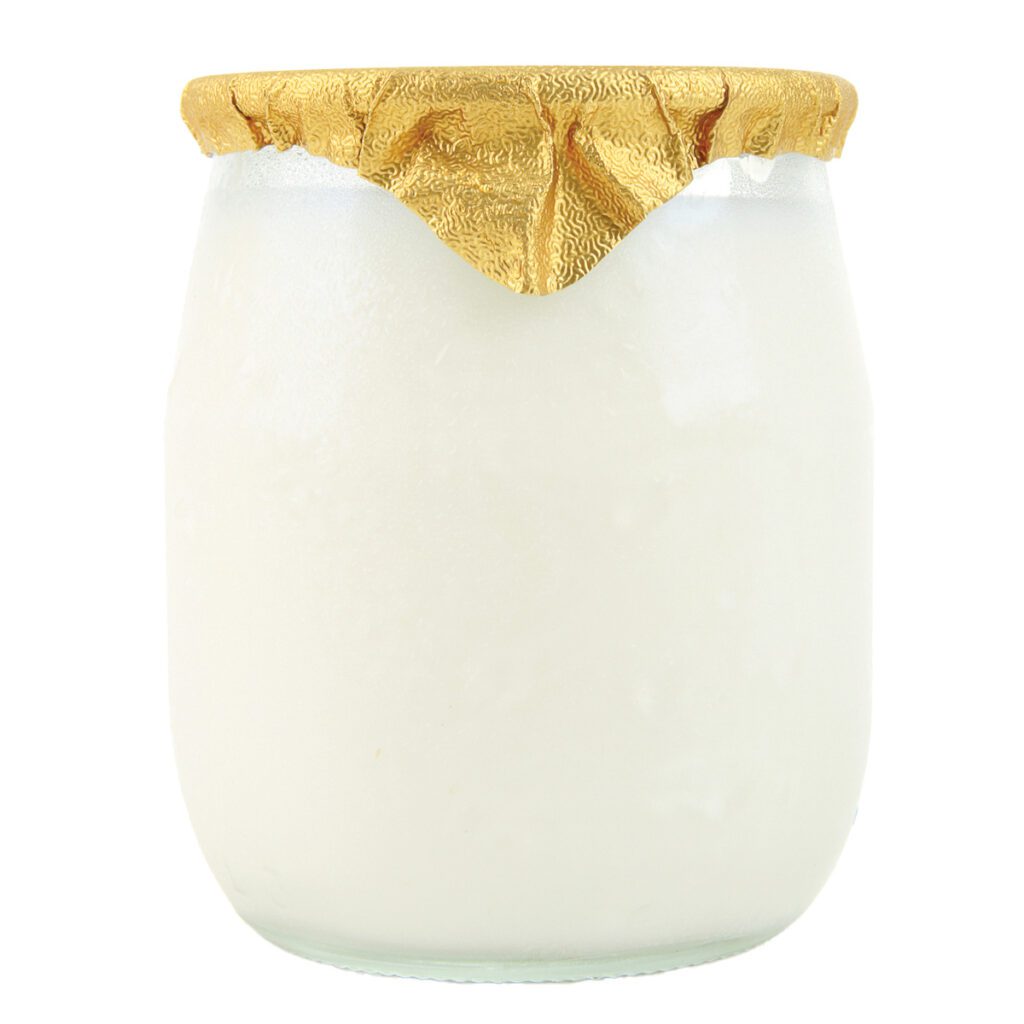

Paying attention to food labels can help you determine what types of fat you’re eating and how much. Remember to include unsaturated fats in your meals when possible, as these healthy fats will keep your body functioning and feeling its best.

